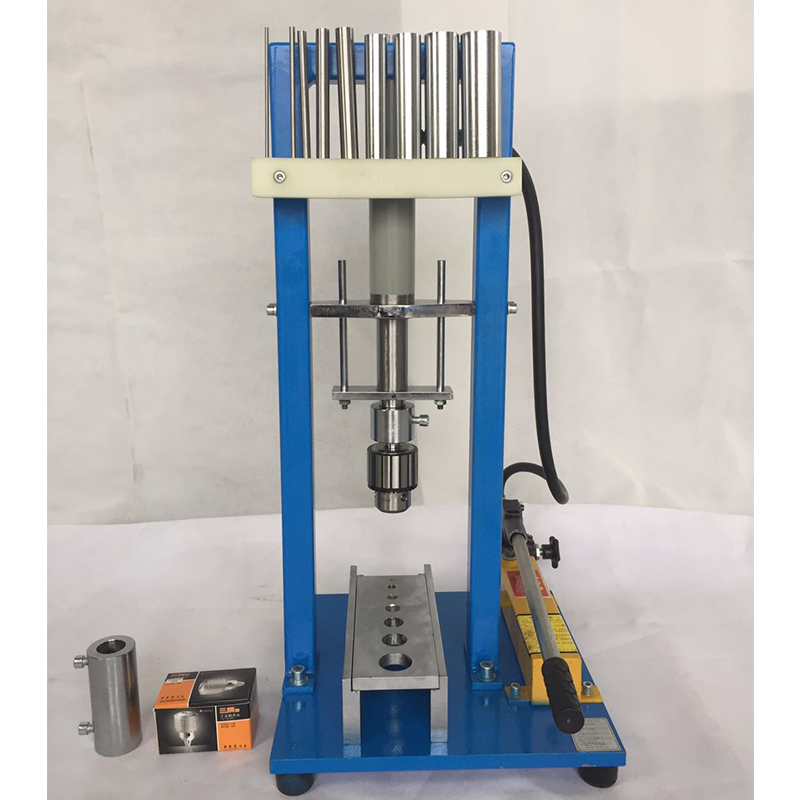Tensile Test Machine - Accurate Materials Testing Solutions
Understanding Tensile Test Machines A Key to Material Strength Analysis
Tensile test machines, also known as universal testing machines (UTMs), play a critical role in materials science and engineering. They are designed to assess the mechanical properties of materials by applying a uniaxial tensile force until the material deforms and ultimately fails. This testing method is essential for ensuring that materials meet specific strength and durability requirements in various applications, from construction materials to consumer products.
The operation of a tensile test machine is straightforward yet involves sophisticated technology. At its core, the machine consists of a load cell, which measures the force applied to the material, and a measuring system, which captures the elongation of the specimen. Typically, a standardized specimen, such as a dog-bone shape, is placed within the grips of the machine. The grips securely hold the material at both ends while allowing it to be extended.
When the tensile test begins, the machine applies a controlled tensile load, gradually increasing the force until the specimen reaches its yield point—the point at which permanent deformation occurs. Beyond this point, the material may exhibit necking, leading to ultimate failure. Throughout this process, the machine records key data, including stress and strain, allowing engineers to derive critical material properties such as yield strength, tensile strength, and elongation percentage.
tensile test machine

The results obtained from tensile tests are vital for various industries. For example, in construction, engineers need to know the tensile strength of steel to ensure that structures can withstand expected loads. In the aerospace and automotive sectors, the performance of lightweight composite materials is evaluated to enhance fuel efficiency while maintaining safety standards. Furthermore, tensile testing is crucial for quality control and assurance, ensuring that each batch of material meets industry specifications.
Modern tensile test machines are equipped with advanced software that not only logs data but also provides graphical representations of stress-strain curves. These curves allow engineers to visually interpret material behavior under stress, helping to identify weaknesses and guide material selection for specific applications.
In conclusion, tensile test machines are indispensable tools in the evaluation of material strength and integrity. By providing accurate and reliable data on how materials behave under tension, these machines enable engineers and scientists to design safe and effective products and structures. As technology advances, the precision, efficiency, and automation of tensile testing will continue to improve, supporting innovation across many fields. Understanding the capabilities and functions of these machines is essential for anyone involved in materials testing, engineering, or quality assurance.
-
Why the Conductor Resistance Constant Temperature Measurement Machine Redefines Precision
NewsJun.20,2025
-
Reliable Testing Starts Here: Why the High Insulation Resistance Measuring Instrument Is a Must-Have
NewsJun.20,2025
-
Flexible Cable Flexing Test Equipment: The Precision Standard for Cable Durability and Performance Testing
NewsJun.20,2025
-
Digital Measurement Projector: Precision Visualization for Modern Manufacturing
NewsJun.20,2025
-
Computer Control Electronic Tensile Tester: Precision and Power for the Modern Metal Industry
NewsJun.20,2025
-
Cable Spark Tester: Your Ultimate Insulation Assurance for Wire and Cable Testing
NewsJun.20,2025
 Copyright © 2025 Hebei Fangyuan Instrument & Equipment Co.,Ltd. All Rights Reserved. Sitemap | Privacy Policy
Copyright © 2025 Hebei Fangyuan Instrument & Equipment Co.,Ltd. All Rights Reserved. Sitemap | Privacy Policy
